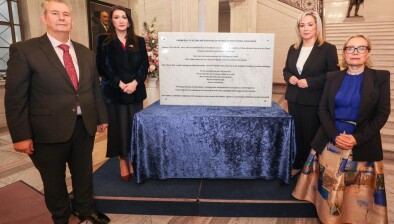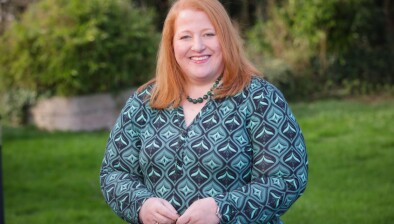NI: Siobhan McLaughlin’s solicitor welcomes debate on widowed parent’s allowance following UKSC ruling

Laura Banks
The solicitor who represented Siobhan McLaughlin in her successful UK Supreme Court challenge to rules governing the payment of a Widowed Parent’s Allowance (WPA) has welcomed calls in the House of Commons for immediate reform.
Laura Banks, solicitor at Francis Hanna & Co. in Belfast, said the reaction from the UK government and all political parties was “very encouraging”.
Justices in the UKSC ruled last month that the requirement that a WPA claimant must have been married to or have been the civil partner of the deceased unjustifiably discriminates against the survivor and/or the children on the basis of their marital or birth status.
The WPA is a contributory, non-means-tested, social security benefit payable to men and women with dependent children, who were widowed before March 2017.
The court, by a majority of four-to-one, allowed the appeal and made a declaration of incompatibility with article 14 of the European Convention on Human Rights read with article 8, insofar as the primary legislation precludes any entitlement to WPA by a surviving unmarried partner of the deceased.
Justin Tomlinson, the parliamentary under-secretary of state for work and pensions, told MPs that the UK government is “carefully considering the full implications of that ruling”.
Ms Banks said: “This case has always been focused on the rights of children to be treated equally regardless of their birth status. That is a basic right of any child in our society, which the Supreme Court has confirmed.
“We trust the government will now take heed of the clear messages coming from both the Supreme Court justices and our politicians. They must take immediate steps to finally rectify this and put an end to this almost Victorian discrimination of grieving families at a time when they most need support.”










